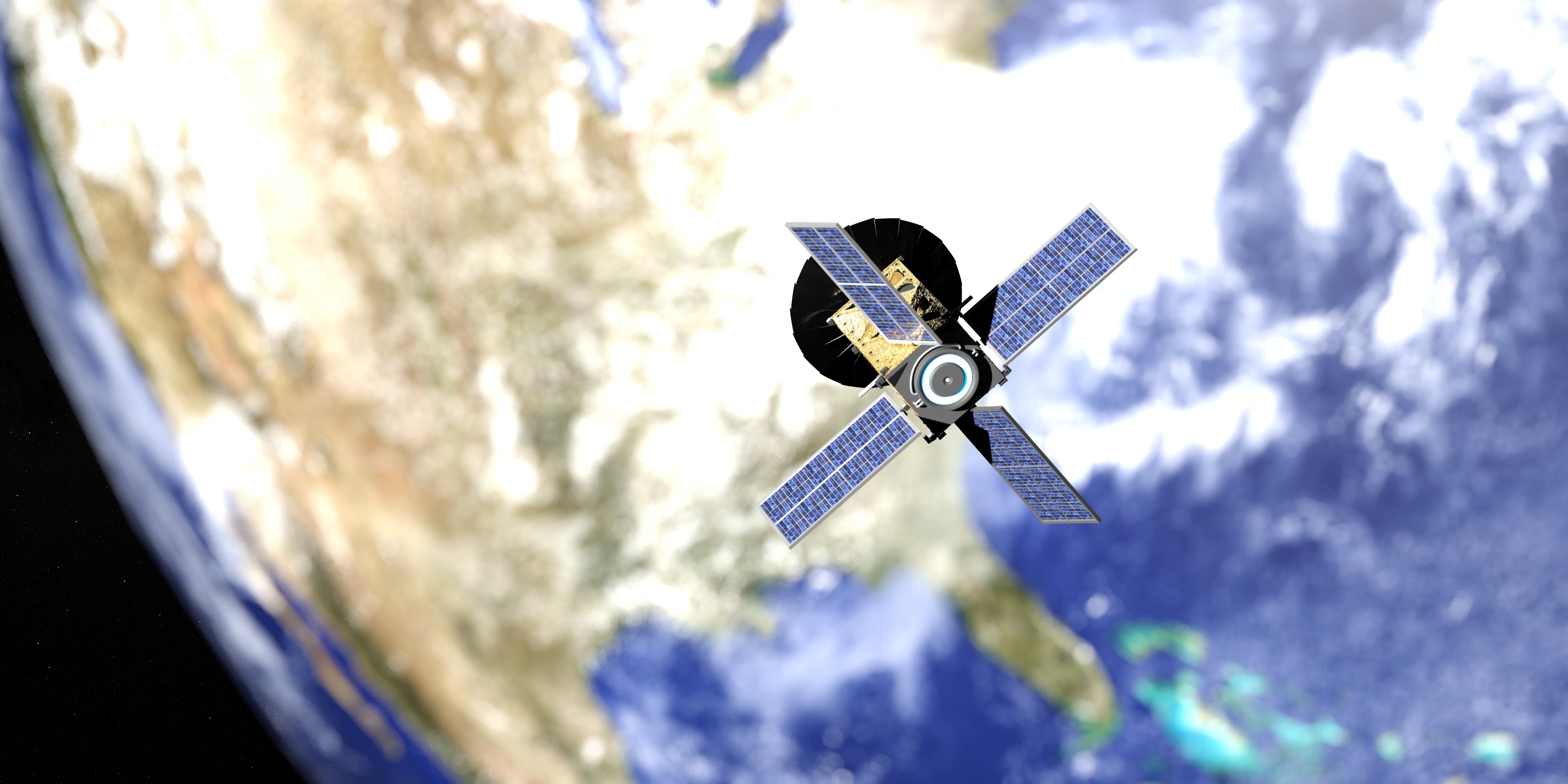Space company chief is ‘deeply sorry’ for accidentally destroying four Nasa satellites
Shortly after the 13-metre rocket separated from the booster, the second stage appeared to tumble back to Earth

Your support helps us to tell the story
From reproductive rights to climate change to Big Tech, The Independent is on the ground when the story is developing. Whether it's investigating the financials of Elon Musk's pro-Trump PAC or producing our latest documentary, 'The A Word', which shines a light on the American women fighting for reproductive rights, we know how important it is to parse out the facts from the messaging.
At such a critical moment in US history, we need reporters on the ground. Your donation allows us to keep sending journalists to speak to both sides of the story.
The Independent is trusted by Americans across the entire political spectrum. And unlike many other quality news outlets, we choose not to lock Americans out of our reporting and analysis with paywalls. We believe quality journalism should be available to everyone, paid for by those who can afford it.
Your support makes all the difference.The chief executive of Astra has said he is “deeply sorry” after accidentally blowing up four Nasa satellites.
Chris Kemp, the head of the company, destroyed four small CubeSats in a failed launch yesterday.
"We experienced an issue in today’s flight," he tweeted. "I’m deeply sorry we were not able to deliver our customer’s payloads. I’m with the team looking at data, and we will provide more info as soon as we can."
It seems that the cause of the fault was the way the upper stage of the 13-metre rocket separated from its booster.
After the first-stage booster dropped away, onboard cameras showed the second stage igniting and appearing to tumble. The video cameras went dark less than four minutes into the flight and the airwaves grew silent.
A launch commentator eventually confirmed that the payloads did not reach orbit.
CubeSats are small satellites that come in several sizes but are based on the standard ‘unit’ – a 10 centimetre cube with a weight of between one and 1.33 kilograms.
Generally speaking ‘small satellites’, compared to other craft, weigh less than 300 kilograms. This makes the CubeSat design less costly than other small satellites, easy to mass produce, and can also be built with off-the-shelf parts.
Since CubeSats were invented in 1999 there have also become popular and larger designs are in development.
Astra had previously attempted four orbital launches but only the last one was successful – albeit without a payload on board.
Despite the failed launch, Nasa remains supportive of Astra. The private company had received $3.9 million in funding from the US space agency in 2020 to launch small satellites.
NASA mission manager Fernandez reiterated the space agency’s support following the accident.
“Missions like these are critical for developing new launch vehicles in this growing commercial sector," Nasa mission manager Hamilton Fernandez said in a statement.
Additional reporting by AP
Join our commenting forum
Join thought-provoking conversations, follow other Independent readers and see their replies
Comments